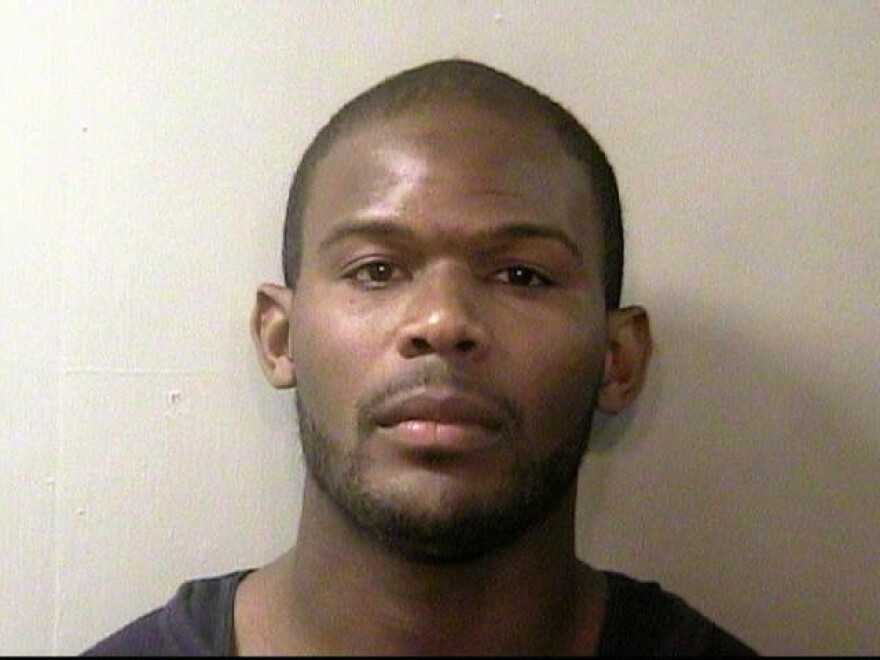Four people have reached plea deals in the 2011 hazing death of a Florida A & M University Drum Major and all have settled for less than the maximum penalties of their charges. Experts say hazing is a crime that has proved difficult for prosecutors, but some say they expect others charged in the FAMU case to see stiffer penalties as a trial date nears.
The latest defendant in the FAMU hazing case to reach a deal with prosecutors is Rikki Wills. Wills was a fellow drum major in FAMU’s “Marching 100” band and prosecutors say he was also aboard the bus the night Robert Champion died after being beaten in a brutal hazing ritual. Wills’ no contest plea means the manslaughter charge against him has been dismissed, and he won’t face any jail time. And some say, it’s a familiar scenario when it comes to getting convictions in hazing cases:
“Courts have been very, very light on hazing in the United States. We’ve had about 173 hazing deaths. The combined total of those deaths have only been just a couple years in jail," said Hank Nuwer a Journalism professor at Franklin College in Indiana. He tracks hazing incidents around the world and has also written four books on the subject.
Wills’ fellow FAMU hazing defendants, Brian Jones and Ryan Dean were also able to settle their charges for probation and community service.
Another defendant in the case, Caleb Jackson, plead guilty to the manslaughter charge in exchange for his testimony but isn’t expected to serve the maximum 15-year sentence. Jackson’s attorney, Chuck Hobbs’, has represented hazing defendants before. He’s also a member of a fraternity. Hobbs says there’s a conversation going on about reduced sentences, adding, dropped charges are common but send the wrong message:
“Until prosecutors offices start putting people in prison for longer on some of these charges, it’s not going to resonate the same way. Because at the end of the day, a lot of these students are hard headed and don’t believe anything is going to happen to them beyond the worst-case scenario: a slap on the wrist."
The state initially charged 12 people with felony hazing but bumped the charges up to manslaughter. Manslaughter carries longer prison sentences, and Hobbs says he believes the state made the decision to increase charges in an effort to get the defendants to settle for some kind of punishment, rather than running the risk of having all charges dismissed. But, he says, there’s a downside as well. The state has to prove someone was negligent. And that is problematic.
“It was absolute chaos. It was extremely dark. You could hear voices, but it was hard to tell who was doing what. So in this situation, the prosecutor is going to have a hard time to prove “the death blow” or the proximate cause. The question we ask is, ‘but for ‘x’ happening, would Robert Champion have died?” And that’s going to be hard for them," Hobbs said.
Further complicating cases like these, says Franklin College’s Hank Nuwer, is that there are more issues for a jury to consider: such as whether the victim was an active participant. In its defense against a wrongful death lawsuit, FAMU has argued Champion was, and it’s an argument both Hobbs and Nuwer say could sway a jury.
“I’m not saying I agree with that. It’s a terrible Public Relations decision, but certainly, prosecutors are hearing those things," said Nuwer.
Champion signed an anti-hazing agreement when he first became a member of the band. A trial for the remaining defendants is expected in the fall. Attorney Chuck Hobbs says he expects more people to reach plea deals, but the penalties could be higher depending on the person’s level of involvement in Champion’s death. Nuwer says he believes tougher laws are needed to hold people accountable.
“It’s going to have to be tough laws, state-by-state. On the other hand, it must be discouraging to hazing activists and parents to see, what looked like an airtight Florida law, to see people plead no contest and serve no jail time.”
Florida’s hazing laws have been called some of the toughest in the country. Hazing is a felony and hazing resulting in death carries a maximum of five years in prison. But so far, no one charged with hazing has received the maximum sentence. The state attorney’s office and attorney for the Champion family did not respond to request for comment by this story’s deadline.





